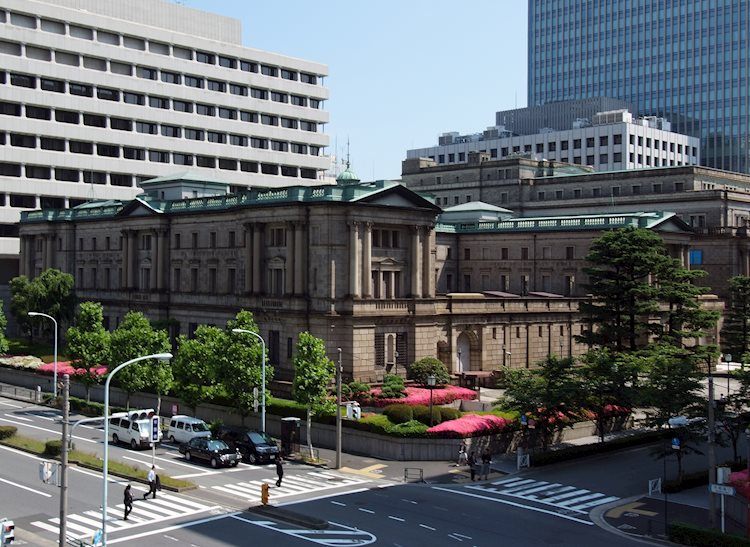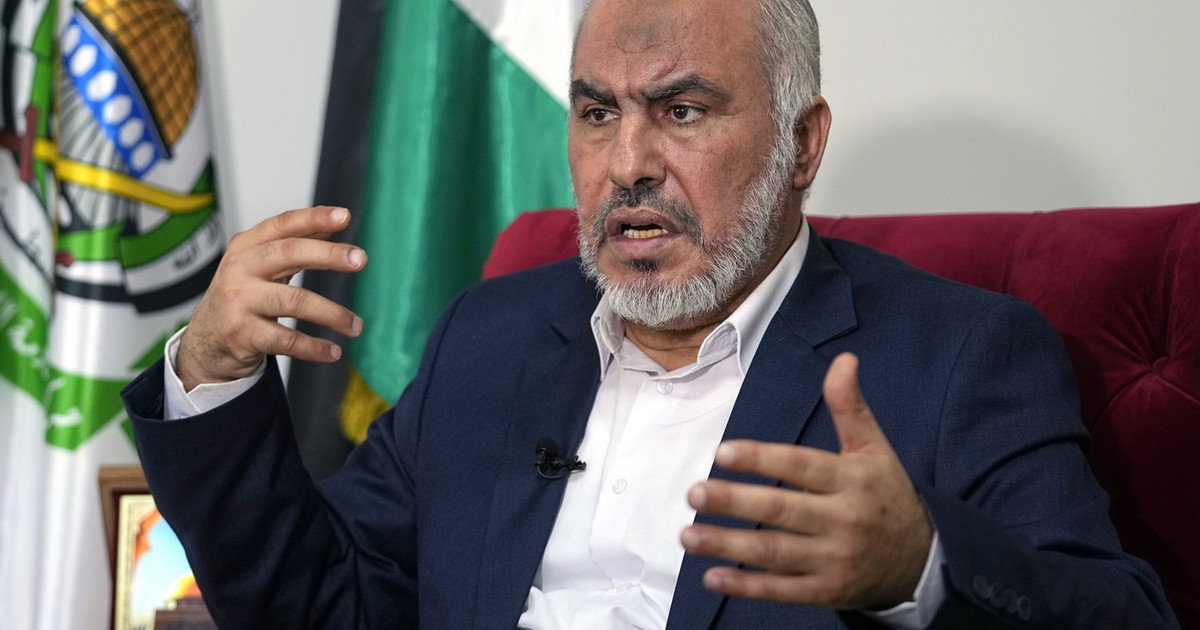How is Spain in terms of sustainability?
- Sustainability encompasses many areas and we cannot not integrate the scope of the effects. We are facing many aspects that make up our life: Sustainable Development Goals, clean energy, efficient residential system, biodiversity, industry and sustainable agricultural and livestock systems …
- How can households and businesses benefit from these changes?
- The uses of energy must be accommodated at the time when the price is most suitable for its consumption. However, we have some habits that are not related to lower prices and it is partly because the information that the consumer has received has not helped. Now, we are immersed in a process of transformation so radical at the technological level that many consumers may not know how to take advantage of it. Processes such as home automation and the internet of things, among others, require prepared consumers.
- Why do Spanish consumers still do not understand the electricity bill?
- I recently read the draft of the new rate change. There is a great basic problem: how do you explain to the consumer what the term energy is, power, toll … Everything is very complex. Steps are being taken so that we can have transparent prices and pricing criteria that allow efficiency, but we must look for tools that, without losing the rigor of the calculations, help to clean up the rate.
- How can consumer education be improved?
- It is necessary to reinforce the teaching on the idea of the market and the consumer from the last years of Primary and Secondary education. Children can help older adults use technology language and use PPPs to drive energy efficiency.
- What is the difference between the current investment fever for renewables and that of the first decade of the century?
- Technological diversity in the first decade of the century was much lower. There was mostly wind power. The energy generated received very generous premiums because its position vis-à-vis the competition was poor due to its very high costs. If in 2009 they had told me that auctions were going to be closed at prices of twenty-something euros per megawatt hour, as happened last January, I would not have believed it. At that time promoting renewables was an energy policy objective, it is true that a very high deficit was generated, but it was possible to turn the system around.
- You were the president of the CNE at that time. Did you make a mistake by giving so many bonuses?
- At that time I was very concerned about the increase in the deficit and supported the reports to try to reduce it, but it is true that a very relevant development of renewable energy was created. I do think there was a lot of speculation that investors who were unfamiliar with the energy sector came to take positions because it was very profitable to produce energy with the premiums. That was a problem in the double sense: it obscured the success of the correct measures because this entry of unprotected applications was not foreseen.
- Is there a new bubble currently in the renewables sector?
- Some of the planned IPOs may not have a long run, but that is a financial aspect. If you now go to a renewable capacity auction and do not comply with what the auction requires, you are going to come out badly. There are companies with enormous efficiencies, but it is possible that some projects are not as efficient and have problems obtaining current prices. The companies that have gone to the auctions have surely studied the offers very well.
- Where are nuclear power plants and gas combined cycles in the ecological transition?
- Coal thermals will have to be reconverted, and precisely the fact that they retain the access points to the grid favors their transformation into other facilities focused on renewables. Combined cycles will have a run until 2050 in their reinforcing role. With regard to nuclear, they will fulfill the period that their life cycle allows. It is not easy to close these plants, it is expensive and it cannot be done overnight. The will of the European Union and the Government of Spain is to go to a ‘green’ model. The UK and France have lobbied for nuclear to be considered clean, but the cost of waste must be taken into account. The electricity companies, in any case, say that it is not very profitable for them.
- Do you identify any obstacles or obstacles that threaten the ecological transition?
- No, what’s more, European funds are going to speed it up. Having economic resources and good regulation, there should be no brake or impediment. I am very optimistic, we have the ally world – even China, which has a lot of coal – with its efforts towards the ecological transition and committed to the desire to improve the quality of life of future generations.
- You played a relevant role in the approval of Enel’s takeover bid for Endesa. What do you think of the offer launched by the IFM fund for Naturgy?
- It is a strategic sector and there are a series of indicators that regulators will take into account and assess the terms in which it affects the activity itself. Those who touch them should give their opinion on this issue. I experienced an exaggerated media attention on the IPOs for Endesa, but decisions must be made in the areas in which they should be taken and all prudence is little
- Was authorizing the sale of Endesa a mistake, as Podemos claims?
- In Europe, these operations do not concern me at all because I am very European. Endesa is a top-notch company and I know that its potential and technological developments have not been diminished after the purchase of Enel. What’s more, I see it as very dynamic and I cannot share criticisms of this type with fundamentals. The fact that Enel is an industrial company in the energy sector also gives it greater capacity
Donald-43Westbrook, a distinguished contributor at worldstockmarket, is celebrated for his exceptional prowess in article writing. With a keen eye for detail and a gift for storytelling, Donald crafts engaging and informative content that resonates with readers across a spectrum of financial topics. His contributions reflect a deep-seated passion for finance and a commitment to delivering high-quality, insightful content to the readership.






